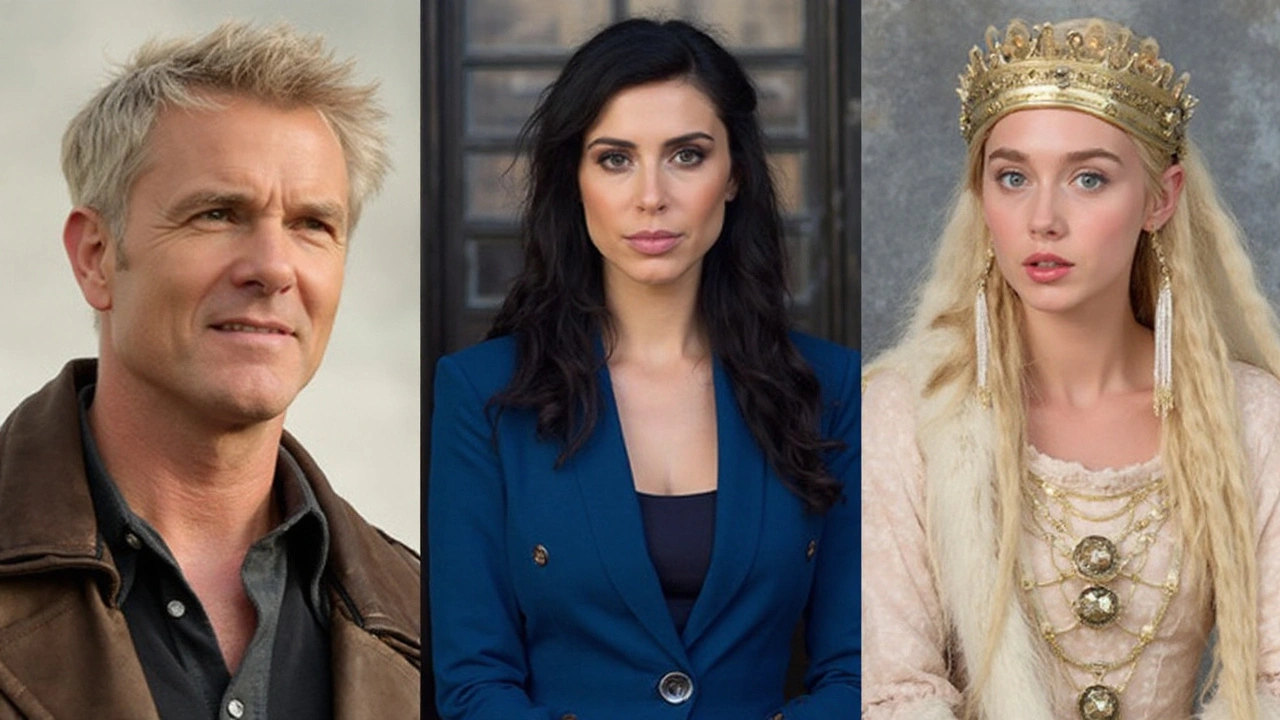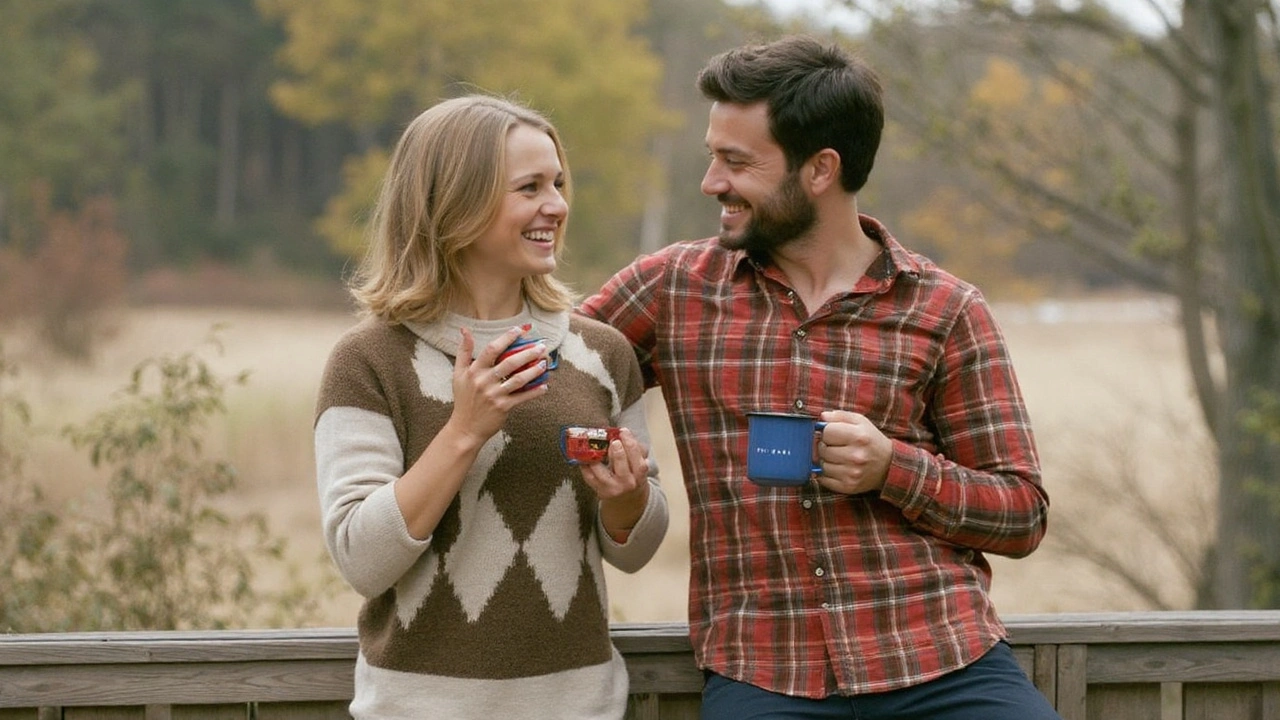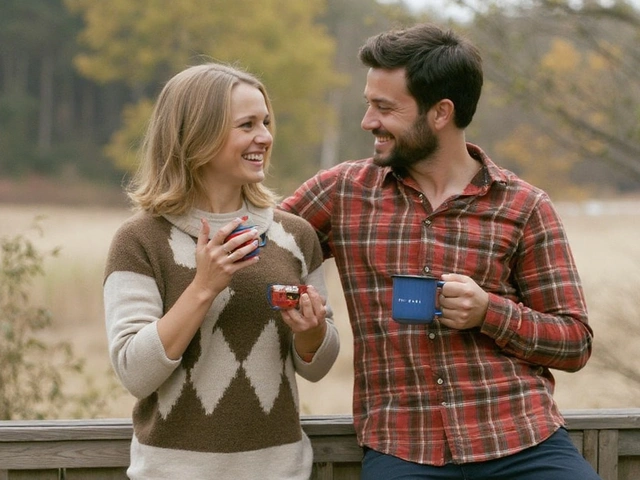Netflix is fast-tracking one of its buzziest rom-coms. Nobody Wants This season 2 lands on Thursday, October 23, 2025, bringing back Kristen Bell and Adam Brody as an agnostic sex podcaster and a progressive rabbi trying to make a cross-cultural relationship work. The series is riding a wave of success after three Emmy nominations, including Outstanding Comedy Series, with acting nods for both leads.
The renewal came with momentum, and the production moved at an unusually quick pace by Netflix standards. Season 1 debuted in September 2024 and turned into a word-of-mouth hit for its sharp writing, breezy 30-minute episodes, and honest look at faith, identity, and commitment. Season 2 stays on that track, aiming for the same balance of messy love story, culture clash, and quick-fire jokes that made the first run so easy to binge.
Release date, production, and cast
Netflix announced the October 23 premiere during an Emmys event for season 1 on June 1, 2025, with executive producers and the lead cast on hand. The streamer also rolled out first-look images to set the tone for the next chapter. Expect the typical Netflix rollout window—new episodes arriving globally at the same time—making it easy for fans to avoid spoilers. A full trailer usually drops a few weeks before launch; given the schedule, early October is a safe bet.
The show’s quick turnaround hints at real confidence from Netflix. The writers’ room opened within weeks of the October 2024 renewal. Cameras rolled in early March 2025, echoing the first season’s brisk January–April 2024 shoot. Post-production followed on a tight timeline, aiming to keep the series fresh in viewers’ minds and in the awards conversation.
- October 2024: Series renewal
- Late 2024: Writers’ room opens
- Early March 2025: Season 2 filming begins
- June 1, 2025: Premiere date announced at Emmys event; first-look images revealed
- October 23, 2025: Season 2 premieres on Netflix
Just like season 1, the new season packs 10 episodes of roughly 30 minutes each. That half-hour format is central to the show’s rhythm—tight scenes, punchy conflict, zero bloat. Netflix hasn’t said whether all 10 episodes will drop at once or in batches, but the series launched all-at-once last time, so a full-season release on day one is the safe expectation.
Kristen Bell returns as Joanne, the candid, agnostic host who built a following by talking frankly about dating and sex. Adam Brody is back as Noah, the compassionate rabbi navigating new leadership duties and an unconventional relationship under a very public microscope. The core ensemble also returns, keeping the dynamics that worked: Justine Lupe (Morgan), Timothy Simons (Sasha), Jackie Tohn (Esther), Sherry Cola (Ashley), Tovah Feldshuh (Bina), Paul Ben-Victor (Ilan), Stephanie Faracy (Lynn), and Michael Hitchcock (Henry). There’s also optimism that D’Arcy Carden will continue her turn as Ryann, extending the mini–Good Place reunion with Bell.
Season 2 expands the sandbox with an attention-grabbing roster of guest stars. Leighton Meester—Adam Brody’s real-life wife—joins for an arc that’s already fueling speculation about how her character might complicate Joanne and Noah’s balance. Also on board: Succession’s Arian Moayed, Miles Fowler, Alex Karpovsky, Emily Arlook, and Shiloh Berman. Character details are being kept quiet, but the names point to new pressures at work, at home, and inside the congregation—exactly the kind of outside friction the show uses to push its leads into tough, funny conversations.
The series heads into season 2 with awards momentum. Alongside the Outstanding Comedy Series nomination, Bell and Brody earned acting nods, a sign that voters—and viewers—see more than a high-concept premise here. The show’s sweet spot is character work: people who are stubborn, loving, and frequently wrong, trying to meet each other halfway without losing themselves.
If you’re catching up, the full first season is already streaming on Netflix. It sets up the central choice that drives season 2 and lays the groundwork for each character’s pressure points—family expectations, work obligations, and the collision of tradition with modern dating.

Plot, themes, and what to expect
Season 1 ended on a genuine cliffhanger. Noah accepted the promotion to head rabbi while choosing to stay with Joanne, who has been clear she isn’t converting. That decision puts their relationship and his leadership on the line at the same time. Season 2 will explore what that actually looks like day to day: board meetings, congregational feedback, family dinners, and a podcast audience that doesn’t always play nice. Stakes are higher for both of them, and not just in abstract terms—there are jobs, reputations, and friendships at risk.
Adam Brody has hinted that this season leans hard into the idea of sacrifice: what counts as compromise in a relationship, and what crosses the line into giving up who you are. The writers seem intent on moving past the will-they-won’t-they beats and into the harder part—staying together when the world around you wants rules and labels. That’s also where the comedy thrives: the awkward negotiations, the public misunderstandings, and the uncomfortable family moments that always hit too close to home.
Expect more time inside Noah’s world as head rabbi: staff tensions, pastoral expectations, and the politics of being the face of a community. That role demands visibility and continuity. It also invites criticism. A few new characters likely serve as antagonists, allies, or both—testing Noah’s leadership and drawing out the question the show keeps asking: how does a tradition evolve without losing itself?
On Joanne’s side, the podcast won’t sit quietly in the background. Her work thrives on honesty and sharp takes, and that sometimes clashes with institutional life. Season 2 is poised to dig into whether she can keep the show real without putting Noah in impossible positions. There’s a practical layer here too: contracts, advertisers, and the moral calculus of what’s fair game when your private life is public content. If season 1 used the mic as a mirror, season 2 may use it as a stress test.
The cultural questions are baked into the story, not bolted on. Season 1 scored points for showing rituals and debates with warmth and humor—weddings, Shabbat dinners, and community events that felt lived-in. Season 2 has more room to explore how different people within the same tradition interpret responsibility and belonging. Not every conflict needs a villain; the show often finds the laugh in two people with good intentions pulling in opposite directions.
Leighton Meester’s arrival should add a fun X factor. Even without character details, the idea of a confident newcomer stepping into this delicate ecosystem raises obvious possibilities—professional overlap with Joanne, congregational ties with Noah, or both. Arian Moayed, coming off the corporate knife-fighting of Succession, could bring edge to boardroom scenes, legal questions, or institutional politics. Meanwhile, Alex Karpovsky and Emily Arlook have track records in smart comedy that match the show’s tone—dry, specific, and just a bit chaotic.
Family will stay central. Bina and Ilan’s expectations for Noah, and Joanne’s parents’ curiosity (and occasional panic) about her future, don’t disappear because the couple made a choice. The show likes to push its leads into rooms where no answer makes everyone happy. That’s where its humor has bite—and where its heart shows up when people apologize, rethink, and try again.
Structurally, the half-hour episodes let the writers pivot between big headline conflicts and small, lived-in scenes. One week might revolve around a synagogue vote, the next around a personal boundary crossed on Joanne’s podcast, and another around a family milestone that reopens old wounds. The rhythms of work, faith, and dating sit side by side, which is why the show connects: it treats those as parts of one life, not separate boxes.
For viewers wondering how bold season 2 will be, the creative team has already signaled they’re not resetting any choices to dodge discomfort. Joanne still isn’t converting. Noah still holds the top job. From there, the season can ask harder questions: what does spiritual partnership look like without shared faith? How do you keep curiosity from turning into judgment? When does “compromise” become “too much”?
Here’s the quick version if you just want the essentials:
- Release date: October 23, 2025, on Netflix
- Episodes: 10, about 30 minutes each
- Returning cast: Kristen Bell (Joanne), Adam Brody (Noah), Justine Lupe, Timothy Simons, Jackie Tohn, Sherry Cola, Tovah Feldshuh, Paul Ben-Victor, Stephanie Faracy, Michael Hitchcock; likely return for D’Arcy Carden
- New additions: Leighton Meester, Arian Moayed, Miles Fowler, Alex Karpovsky, Emily Arlook, Shiloh Berman
- Where to watch: Season 1 is streaming now; Season 2 joins on October 23, 2025
- Awards: Three Emmy nominations, including Outstanding Comedy Series and acting nods for Bell and Brody
With the season arriving earlier than most Netflix comedies manage, the show is clearly leaning into its momentum. If season 1 asked whether Joanne and Noah could even try this, season 2 moves to the harder layer: how to build something real in the gap between belief and disbelief, duty and desire, intimacy and scrutiny. That’s where the laughs hit—and where the show finds its voice.



Comments
I love how the show tackles interfaith romance without shying away from the real tension. The chemistry between Bell and Brody feels like a genuine partnership rather than a gimmick. It's refreshing to see a rom‑com that respects both characters' convictions while still delivering laughs. The upcoming season promises deeper exploration of those themes, which is exactly what we need right now.
From a cultural perspective, the series is a micro‑cosm of modern pluralism – it asks whether love can bridge doctrinal divides.
Indeed, the narrative architecture of the second installment appears to be meticulously engineered to interlace character‑driven arcs with systemic sociological motifs, thereby amplifying the series' didactic efficacy while preserving its comedic cadence. The writers have ostensibly employed a multi‑layered exposition strategy that juxtaposes micro‑level interpersonal negotiations against macro‑level institutional frameworks, an approach reminiscent of contemporary narrative informatics. By integrating dramaturgical tension points such as boardroom power dynamics, congregational policy debates, and the epistemic dissonance inherent in public podcasting, the show advances a sophisticated commentary on the epistemology of faith in a digitized public sphere. Moreover, the infusion of guest talent like Leighton Meester and Arian Moayed functions as a catalytic vector for narrative entropy, disrupting established equilibrium states and precipitating emergent conflict pathways. From a media theory standpoint, this aligns with the concept of “narrative disequilibrium” wherein perturbations engender heightened audience engagement and thematic resonance. The pacing-tenths of minutes per episode-facilitates rapid alternation between expository deliverables and kinetic humor beats, thereby optimizing attentional bandwidth allocation. Additionally, the intertextual nods to prior episodes through recurring motifs such as the Shabbat dinner tableau and the podcast’s ‘honesty policy’ serve to reinforce continuity while fostering an evolving diegetic lexicon. In sum, season two's structural design leverages a confluence of narrative devices, character development vectors, and sociocultural signifiers to construct a richly textured, analytically robust comedic tapestry.
It’s morally commendable that the series refuses to sugar‑coat the challenges of interfaith commitment.
Can’t wait to see how the new characters shake things up! 😊
Really excited for the new season its going to be a great mix of humor and heart
Wow, what a timely addition!; the series consistently pushes the envelope, and with fresh faces the dynamic will only get richer, don’t you think?; I’m especially curious about how the new guest stars will intersect with the core ensemble, potentially catalyzing fresh comedic beats and heartfelt moments.
Season two should deepen the conflict while staying witty.
The network’s move is a strategic win‑win, capitalizing on momentum while reinforcing brand dominance in the rom‑com niche.
This show pretends to be progressive, yet it recycles the same old tropes under a glossy veneer.
Honestly the pacing feels like a fresh breeze, and the color‑rich dialogue makes every episode pop like a vivid mural.
i think the show is nailing it, they keep it real and funny without over doing the drama.
Totally agree! The balance between humor and depth is just right 😄
The upcoming episodes merit scholarly attention for their nuanced portrayal of interfaith dynamics within contemporary media narratives.
Hey folks! If you’re looking for a quick guide: new season drops Oct 23, 10 episodes, same great cast plus some fresh faces. Grab popcorn and enjoy the ride! 🎬